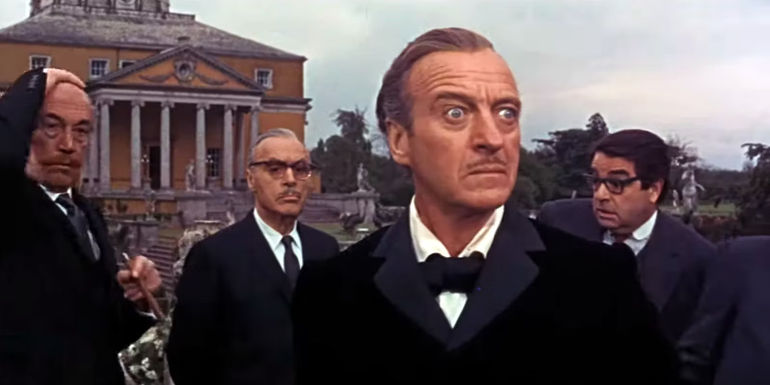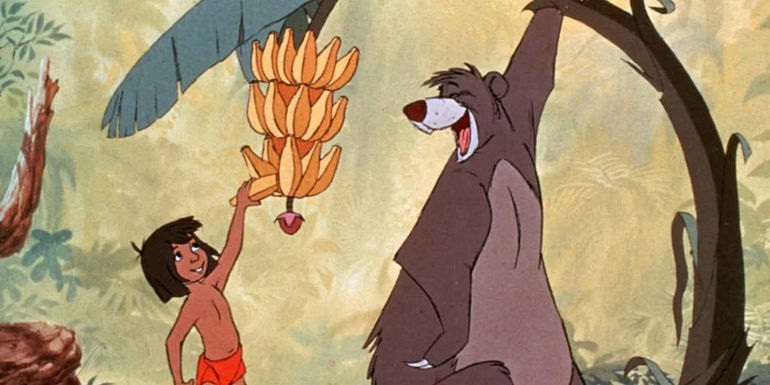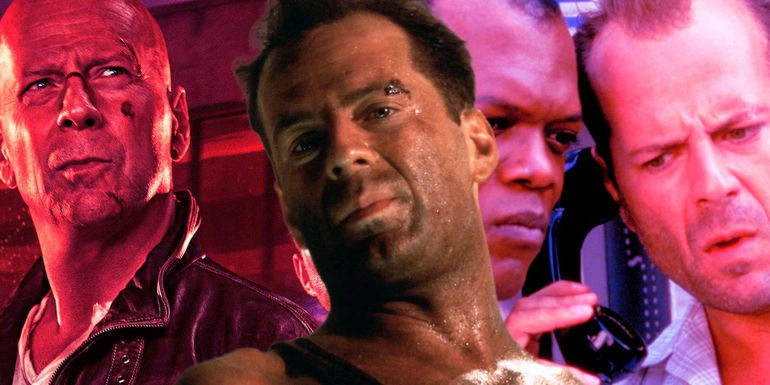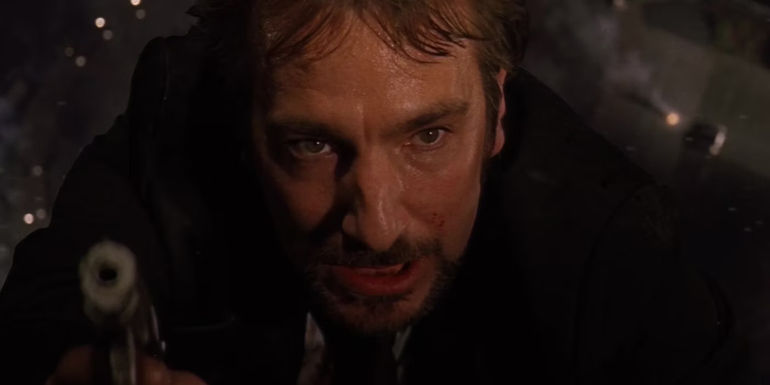
The Art of Adaptation: When Movies Take a Different Path

Exploring how movies have diverged from their source material, creating entirely new narratives in the process.
The Power of Adaptation
Movies inspired by other sources are always going to have discrepancies, but some movies choose to go in a completely different direction from their source material. Pulling an idea from an original novel or show is often a great way to create incredible movies. For example, the work of Stephen King has been adapted countless times and created some of the best horror films of all time. Likewise, coming-of-age stories set in a fantastical reality, such as Harry Potter, were inspired by books and mostly tried to deliver the story as it was written.
James Bond Looks Alarmed While Standing in front of a Building in Casino Royale
However, not all adaptations are created equally. Any adapted work needs to change from the source so that it better fits the new medium, but some filmmakers decided to completely alter the work until it's almost completely unrecognizable. For projects like Adaptation, this is made abundantly clear in the meta themes of the film, but for others, like The Jungle Book, the changes are subtle but significant.
Mowgli reaching up for a banana on a tree while Baloo holds it for him
Iconic Movie Divergences
In the world of cinema, there are several iconic movies that have taken a completely different path from their source material, creating unique and memorable narratives. Let's explore some of these divergences and the impact they have had on the film industry.
Custom image of Bruce Willis as John McClane in Die Hard
One such example is the adaptation of Casino Royale, which was originally a novel by Ian Fleming that launched the James Bond franchise. The 1967 film adaptation took a spoof approach, creating an outrageous comedy that diverged significantly from the original Bond story. Similarly, Die Hard, inspired by a 1979 novel, underwent core element changes, resulting in a considerably lighter and more franchise-spawning movie.
Hans Gruber aiming a gun as he hangs out the window in Die Hard
Disney's adaptation of The Jungle Book also took a brighter and happier approach compared to Rudyard Kipling's dark and layered stories. These iconic divergences showcase the creative freedom and artistic choices that filmmakers make when adapting source material.
Dr Frankenstein with his monster in Young Frankenstein
Reimagining Source Material
The process of reimagining source material for film adaptation involves creative reinterpretation and artistic license. Movies like Airplane! and Young Frankenstein took a parody approach to their source material, creating entirely new and humorous narratives that diverged from the original films and novels they were inspired by.
Leslie Nielsen and Robert Hays with the autopilot in Airplane!
The meta-critique film Adaptation, starring Nicolas Cage and Meryl Streep, delved into a metafictional world that explored the struggles of adapting written material for the screen. This reimagining of the source material showcased the complexities of the adaptation process and the creative liberties taken by filmmakers.
Nic Cage and Nic Cage in Adaptation
21 Jump Street, originally a serious crime procedural TV series, took a different approach in its film adaptation, leaning into the ludicrous concept of real cops going undercover as teenagers. These examples highlight the diverse ways in which source material can be reimagined to create entirely new narratives for the big screen.
Jonah Hill and Channing Tatum with guns in 21 Jump Street





















